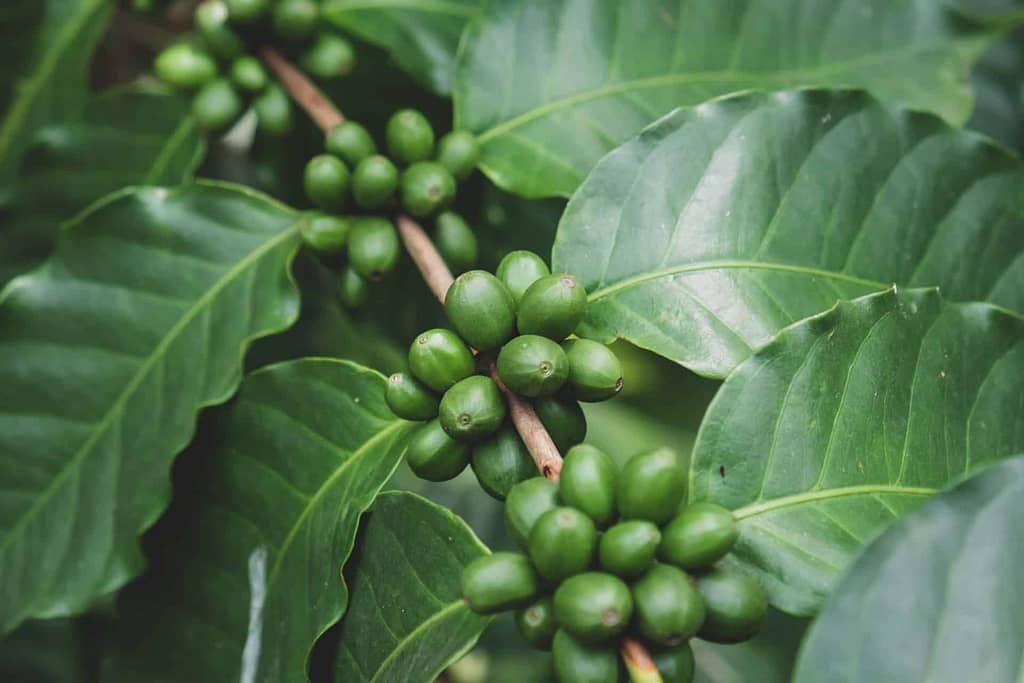The loss of pollinator insects is putting coffee crops around the world at risk, according to a new study from researchers at University College London and the Natural History Museum.
The study, ‘Key tropical crops at risk from pollinator loss due to climate change and land use’, was published in the journal Science Advances, and looked at how climate change and land use modification have led to effects for the pollination of crops worldwide.
Scientists catalogued 3080 species of insect pollinators and gathered data from 1507 agricultural sites across the world.
“As insects decline, due to being unable to cope with the interacting effects of climate change and land use, so too will the crops that rely on them as pollinators,” says lead author of the study, Dr. Joe Millard.
The findings revealed that agriculture and climate change have led to significant losses in the richness and abundance of pollinators.
Localised risk is highest and predicted to increase most rapidly in regions of sub-Saharan Africa, northern South America, and Southeast Asia.
The study identified the tropics and the crops grown in these regions as being especially vulnerable. The reduction of these crops could lead to heightened income insecurity for millions of small-scale farmers in the area.
“The implications of this extend globally via the trade in pollination dependent crops,” says Millard.
The study highlights the importance of a diversity and abundance of pollinators for food security. It claims that the best way to address the issue of pollinator losses is to restore and preserve their habitats while reducing greenhouse gas emissions.
“Our findings underscore the urgent need to take global action to mitigate climate change, alongside efforts to slow down land use changes and protect natural habitats to avoid harming insect pollinators,” says Dr. Tim Newbold of the UCL Centre for Biodiversity and Environment Research.
The post Coffee plants at risk from pollinator losses, UCL reports appeared first on Global Coffee Report.


